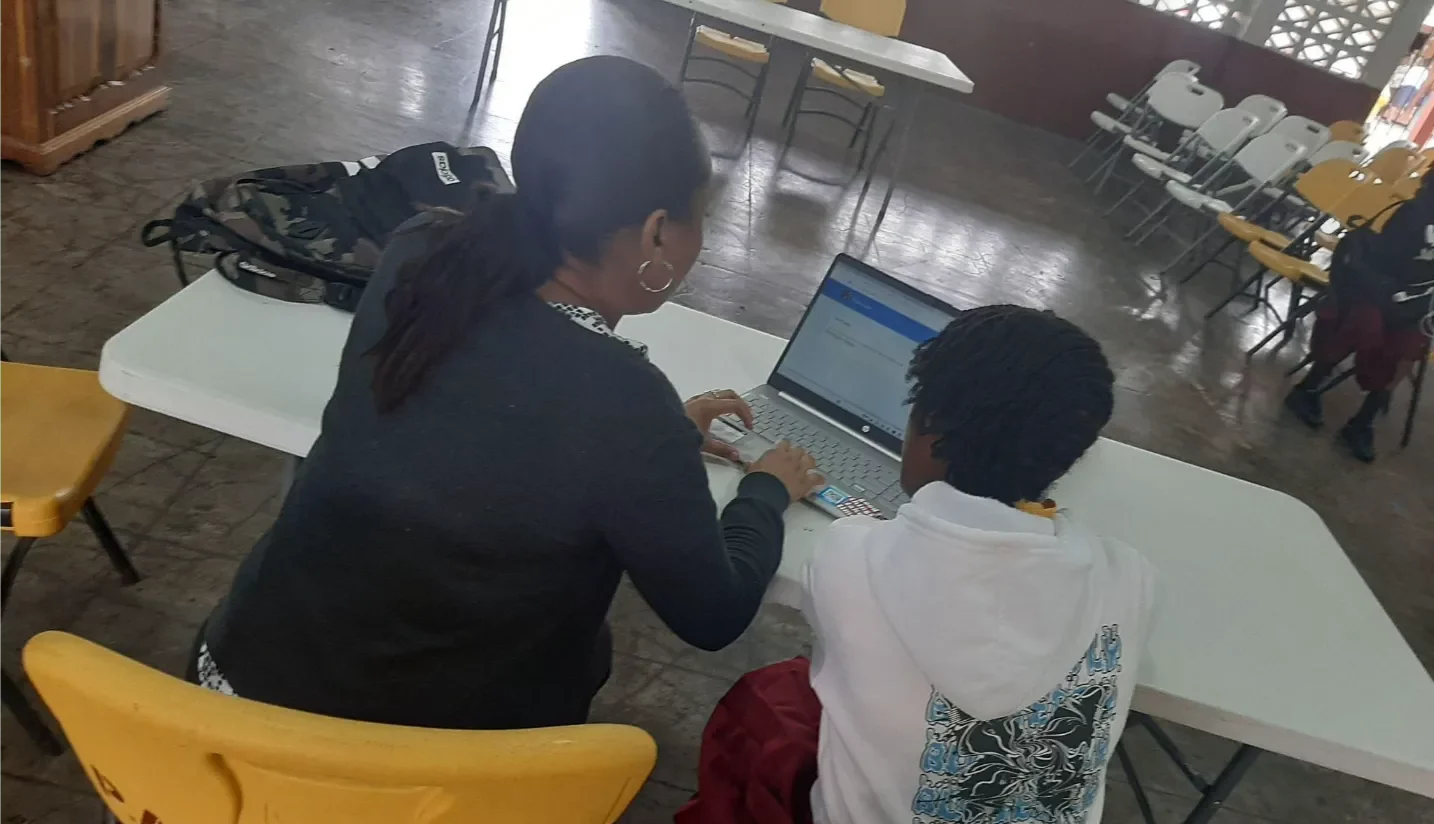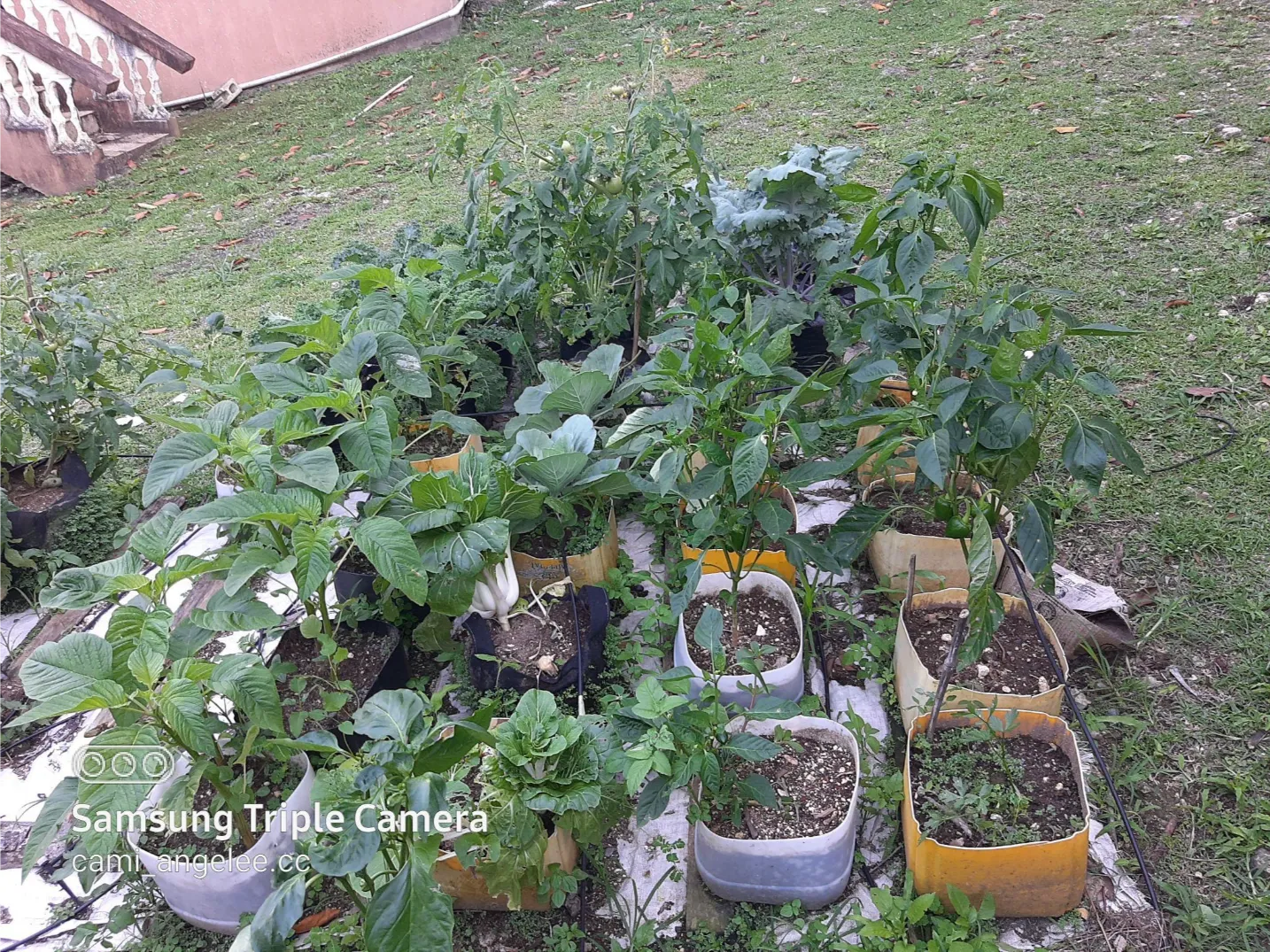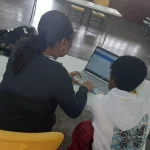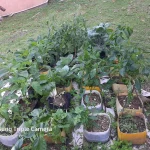Teacher: Camile Clarke
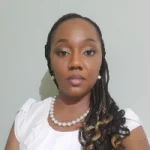
Camile Clarke
Camile is currently a teacher of Geography at deCarteret College High School. She previously taught at Mile Gully High School, Port Antonion High School and worked as a Geologist with Geophysx Jamaica LTD. She is a National Geographic Certified Educator, Climate Reality Leader, Global School’s Advocate, Climate Tracker Grant Winner and a 2020 UN CC: Learn Champion. She grew up seeing the effects of climate change first hand and wanted to know what she could do to be a part of the solution to the climate crisis.
Usefull links related to the Solution
Overview
Camile realised – through her work teaching Geography at deCarteret College High School, Jamaica – that despite being taught climate change education the students in her classes felt powerless in the face of what they saw as impending doom. Camile set out to change their minds through demonstrating to them the positive effect that learning about the climate crisis can have; with the hope that this would lead to students making small lifestyle changes that would collectively have a big impact.
Theory of Change
Camile realised that her students were aware of the effects of climate change – they were experiencing a severe drought in the area – and could identify the effects it was having on food production and tourist activities, however, the students felt their efforts to live more sustainably would be insignificant in the face of a global disaster. Camile set out to change their minds by showing them that through making small changes towards living more sustainably they could, collectively with others around the world, make a significant impact on climate change. Her approach was to demonstrate to the students the activism activities that she was taking part in and show how much traction individual actions could gain. She also challenged her students to learn about climate change and its solutions on the UN CC:Learn platform.
Approach and Actions
As a geology graduate with a specialism in climate studies, Camile was easily able to communicate the complex issues involved in climate change to her students in her geography lessons however she was constantly searching for opportunities to extend her knowledge and to share her expertise. This led to Camile completing multiple UN CC:Learn climate change literacy courses, she found these courses, and the resources they provided, useful for enhancing her climate change teaching; enabling her to make the topic more relevant and contextualised for her students. She was then invited to share her experiences of promoting climate change education by speaking at the UN CC@Learn Lab for Teachers, this was an opportunity to discuss the opportunities, ideas and challenges associated with climate change education with teachers from across the world. She also started to share her learning through the National Geographic Education Blog. Camile started to share her activism work with her students who were surprised by her activities and their wide influence, this started to affect the students’ mindsets around their ability to influence climate change.
In 2015 Camile learned how to install solar panels and, together with students, started to undertake electrical assessments for installing the panels on school buildings. In 2019, she started backyard gardening with her family. Her family entered and won competitions and this influenced many colleagues to start their own gardens. In 2023 Camile also received a grant, awarded for designing an initiative to assist journalists in better reporting climate change issues. As an educator, she feels a responsibility to ensure everyone has access to high quality climate change knowledge and feels the press is a valuable source of information. She shared the grant with her students.
Impact
The students in Camile’s geography classes and across the wider school have been inspired to learn that someone they are relatively familiar with has won awards for her climate change work and has been published on major websites. This has inspired some of them to complete UN CC:Learn courses in their spare time and to take more personal responsibility for the sustainability of their actions. Camile feel that through educating young people to make small changes in their lives a large cumulative effect on climate change can be achieved.
